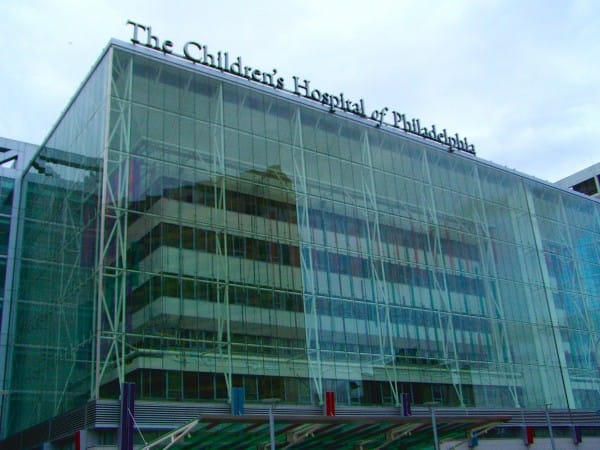What The Health Care Law Means to People with Pre-Existing Conditions


During my lifetime I've personally experienced the effect of many changes to health care policy, most of which were not for the better. When I was born I had a number of severe birth defects in my stomach and heart. These and several other less severe problems allowed me to observe first-hand how health care policy affects patients. The Patient Protection and Affordable Care Act upheld by the Supreme Court has created a whole new host of problems that will actually burden and harm people like me with preexisting conditions.
Doctors who are specialists in areas such as pediatric cardiology spend years and hundreds of thousands of dollars to gain the knowledge and satisfy all the regulatory requirements they need to work and help patients. The problem with the health care reform is that it will restrict the supply of willing doctors to treat patients because it has empowered policymakers via special commission to cut Medicare payments to specialists by huge amounts. Here is a sample from the New York Post:
The vote by the Medicare Payment Advisory Commission involves slashing what the program for older Americans pays medical specialists -- then freezing these lower rates for years. Everyone except primary-care docs would see payments for their services cut by 5.9 percent a year for three years (totalling a 16.7 percent cut in income), followed by a seven-year freeze at the reduced levels. Primary-care providers would have their reimbursement rates frozen at today’s pay levels for the whole decade. All this is part of a larger effort to save Medicare upward of $300 billion over 10 years
As a result I think we will see doctors leaving their professions earlier than planned, downsizing their practices, and rejecting patients with Medicare. A survey of 699 doctors compiled by the Doctor Patient Medical Association backs this up as it shows that 83% of respondents say that current health care policy is making them think about quitting. In addition many potential future doctors will simply decide not to pursue a career in medicine due to the inflated and growing costs of being a doctor versus the financial reward. So what does this mean for patients? Fewer doctors and longer waits for procedures and treatment.
Another issue that has come up in the Doctor Patient Medical Association survey is the deterioration of the doctor patient relationship and loss of control over how to best manage an individual patient's care. A doctor from Pennsylvania relates: “[Insurance] overanalyzing physician decisions with non-qualified RNs is tedious and delays really necessary treatment.” And from an orthopedist in Minnesota: “Doctors have lost control and are being told what to do by hospitals, insurance companies and the government who only care about money – not patients.”
Here's a story from my own experience dealing with the issue of getting permission from a third party for a treatment: Due to my heart condition, the oxygen saturation level in my blood is lower than normal. As you may guess this can cause some fatigue issues. So my doctor wanted to attempt to jump start the production of red blood cells (which carry oxygen throughout the body) with a drug therapy. But due to its cost out-of- pocket, the doctor had to get approval before he could prescribe the treatment. So instead of the doctor and I making a decision about my healthcare we had to defer to a third party who only had a questionnaire to determine the merits of the drug's use for my issue.
These are just a few of the issues I see not just as an observer of government policy, but as someone who has been the subject of many health care regulations enacted by policy makers. I am sure that many legislators and supporters of various health care reforms genuinely want to help patients, but the examples in this article are just a few instances of unintended consequences that result from public policies intended to make things better.


